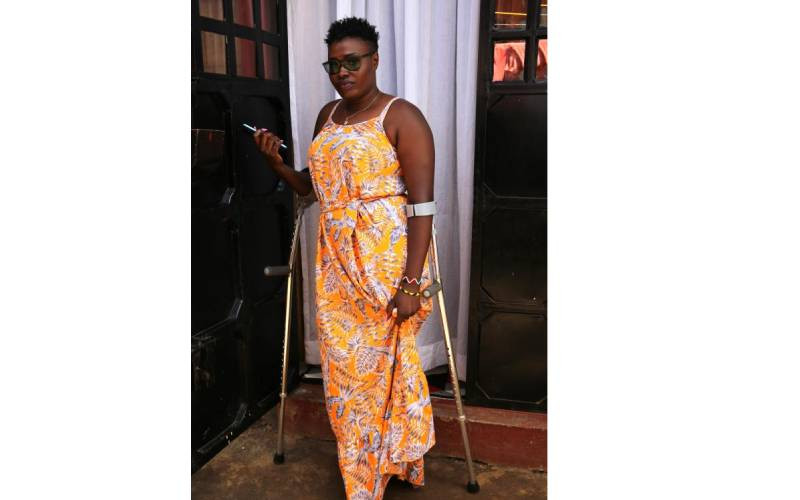×
The Standard e-Paper
Fearless, Trusted News

When Monica Jeruto completed her high school education in 2009, she was hopeful that her future would be bright since she was confident of excelling in her national examinations.
When the Kenya Certificate of Secondary Education results were later announced, she scored a mean grade of B. Celebrations filled the air at home and in her former secondary school - St. Monica Kitale, in Trans Nzoia County.